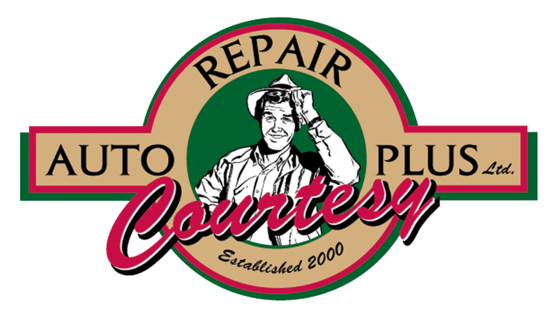Does My Choice in Oil Affect Change Intervals?
September 5, 2021
Oil changes are probably the most recognized service on a vehicle. Almost all Tiffin residents know about them. But do we know enough?
Several decades ago, oil changes were fairly standard: every three months or 3,000 miles or 5,000 kilometers. But recent advances in both engine technology and oil quality have led to longer oil change intervals.
Delayed or skipped oil changes are a problem for Tiffin residents because they lead to the build-up of oil sludge in your engine. Oil sludge forms when engine oil breaks down, which happens with both time and miles. Obviously, driving will take its toll on engine oil, but the oil also breaks down even as the vehicle just sits in the garage. This is why oil change intervals are listed in both time and distance traveled, and the phrase “whichever comes first” is applicable.
Oil sludge is essentially petroleum jelly. Imagine this stuff squishing around in your vehicle engine, pushing into small engine passageways and blocking passage of oil to vital engine parts, shortening your engine's life expectancy.
To prevent sludge, you have to get your oil changed regularly, as often as the manufacturer recommends. Check your owner's manual for every vehicle you own to know the interval for each one. Don't assume they will be the same.
If you tow a trailer, haul heavy loads, make a lot of short trips around Tiffin, usually engage in stop-and-go (or around-the-town) driving, drive in cold or hot Ohio weather, or drive in polluted or dusty conditions, you may need to change your oil more frequently. Check your vehicle's owner's manual for a “severe service” recommendation.
If the manual doesn't give you the advice you need, talk to your friendly and knowledgeable Courtesy Auto Repair Plus service advisor. He will be able to answer any questions about preventive maintenance or vehicle care that you may have, including how often to change your oil.
Tiffin residents need to get the right weight and type of oil recommended for their vehicles. More and more are using synthetic oil in their vehicles. Synthetic oil typically lasts longer and is more resistant to sludge formation than conventional motor oil. But it is also more expensive. So it can be tempting for Tiffin residents to ask for conventional oil, but if you replace synthetic oil with conventional oil, you will have to change your oil more often to prevent sludge build-up. In the end, you're probably not saving money at all.
Also, your engine may not be designed for the conventional oil. Check your owner's manual before replacing synthetic oil with conventional.
Talk to your Courtesy Auto Repair Plus service advisor for more information.
Courtesy Auto Repair Plus
967 Bon Air Ave
Tiffin, Ohio 44883
419-443-0797
http://www.courtesyautorepairplus.com
More articles from Courtesy Auto Repair Plus

Reaching the Braking Point (Brake hose replacement)
February 8, 2026
If you notice your brakes arent working like they used to, thats the kind of thing thats important to have checked out soon. Thats because your brakes are extraordinarily important to the safe operation of your vehicle. Sometimes you feel like your brake pedal is feeling a little soft or its lo... More

No Fuel-ing! (Fuel Filter Replacement)
February 1, 2026
Your vehicle has a few filters you might be somewhat familiar with. Theres the oil filter that removes impurities from your engines oil, and a couple of different kinds of air filters that prevent contaminants from getting into the engine and the cabin. But you may not know that your vehicle als... More

Such a Little Part (Climate Control Resistor)
January 25, 2026
You expect your heater/air conditioner to work like it should. You have a control for temperature and one for fan speed. You even have a control for what vents the air comes out of. Don't be surprised one day if your blower fan develops a mind of its own and starts going crazy. Most of the ti... More







